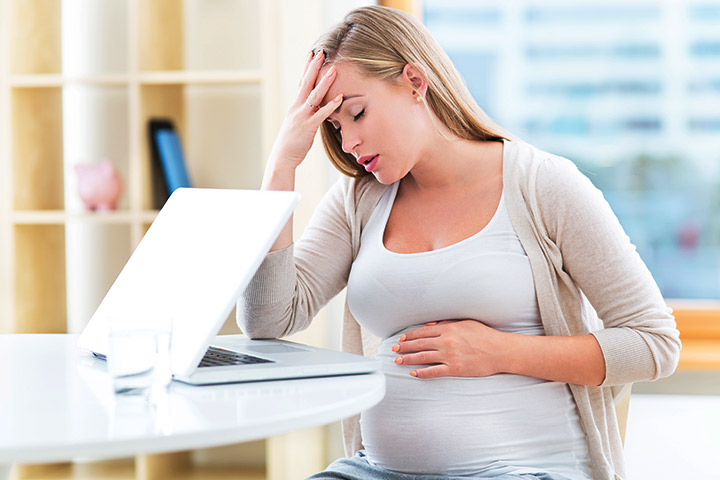
If you are often feeling completely drained and without any energy even to do your daily activities, it could be a sign of anaemia. Anaemia is a health condition usually caused by iron deficiency. This happens either when the number of red blood cells is less than the normal count or when the red blood cells don’t contain enough haemoglobin. Haemoglobin carries oxygen throughout the body. So without enough haemoglobin, sending oxygen throughout your body becomes difficult. Anaemia induced by pregnancy is very common, especially in the second and third trimesters. You can easily overcome this condition with some adjustments in your diet and by eating healthy iron-rich foods.
Anaemia during pregnancy usually results in low birth weight baby, premature birth or maternal mortality. Pregnant women generally are at a higher risk for developing anaemia because of the excess amount of blood the body produces to help provide nutrients for the baby.
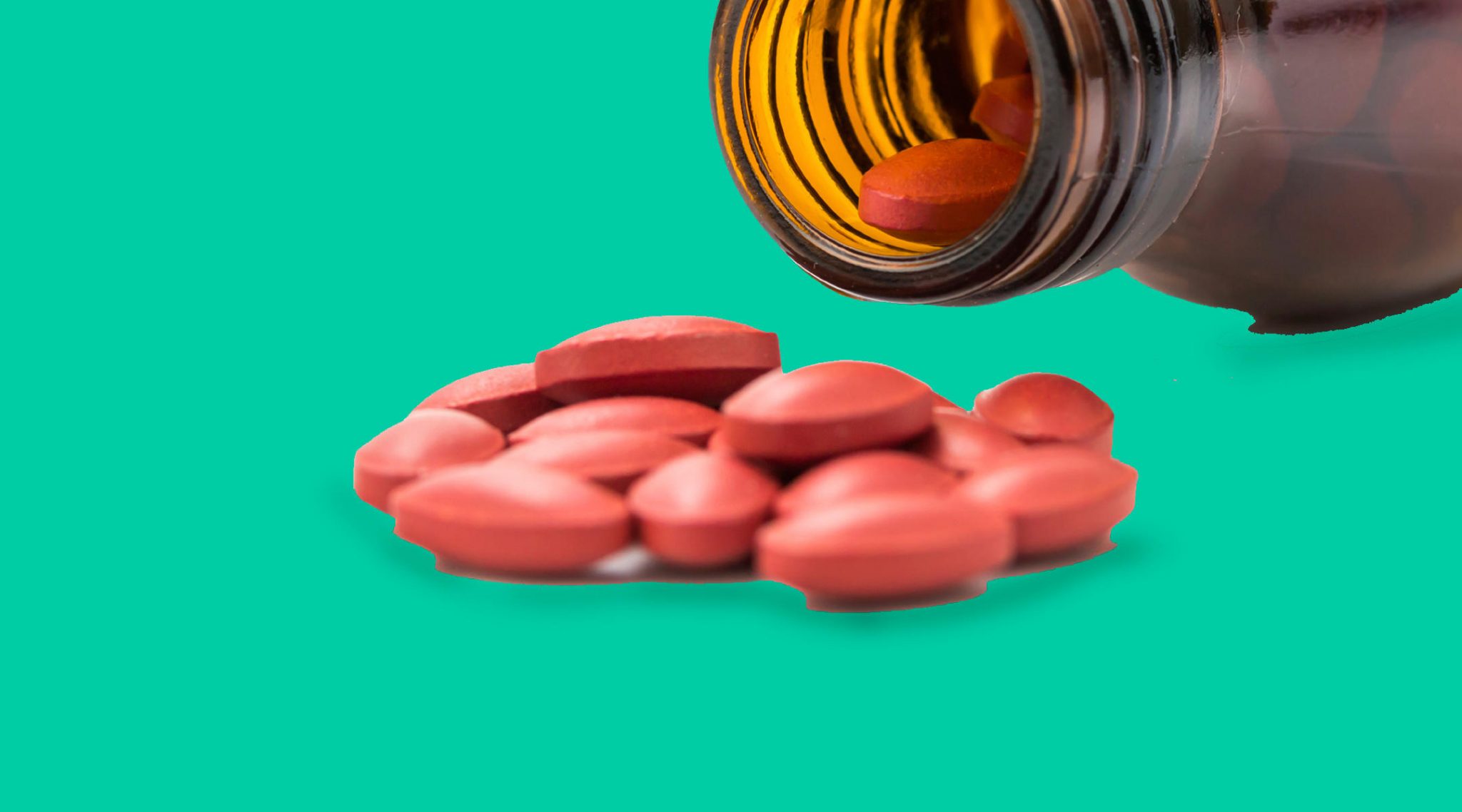
There are over 400 different types of anaemia, but some are more prevalent in pregnancy. The most commonly experienced types of anaemia during pregnancy are:
The main cause of anaemia is iron deficiency. It is also obviously, the most common type of anaemia seen in pregnant women. Nearly 20% to 25% of all pregnant women pregnant women have iron deficiency. Red blood cells contain iron, and this is used to carry oxygen from the lungs throughout the body. It also helps the muscles store oxygen and use it later when needed. With iron deficiency, the body becomes tired and has a lower resistance to infection.
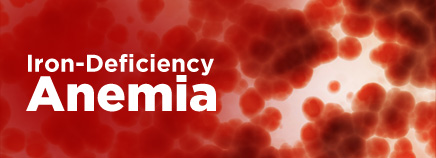
First, you need to check with your doctor if you suspect that you may have an iron deficiency. Do not self-medicate. When iron intake increases beyond the required quantity, it becomes dangerous and might cause liver damage amongst other problems. If your doctor does recommend taking an iron supplement, it is important to take iron at least two hours before or four hours after taking antacids as they can interfere with iron absorption. You have to include foods rich in iron in your daily diet, especially when you are pregnant. Some good sources of iron include dark green leafy vegetables (e.g., spinach), red meat, poultry, pork, beans, peas, dried fruit, and iron-fortified bread, cereal, and pasta. When you take vitamin C supplement or eat foods containing vitamin C, such as citrus fruits, strawberries, kiwi, melon, leafy green vegetables, tomatoes, it aids in iron absorption.
Folate is nothing but Folic Acid. This is a water-soluble vitamin that can help prevent neural tube defects during pregnancy. Most pregnant women take Folic Acid supplement. It is also found in fortified foods such as cereals, leafy vegetables, bananas, melons, and legumes. When your diet lacks folic acid, it leads to the reduction in the number of red blood cells in the body that results in folate deficiency. This can directly contribute to neural tube abnormalities (spina bifida) and low birth weight.
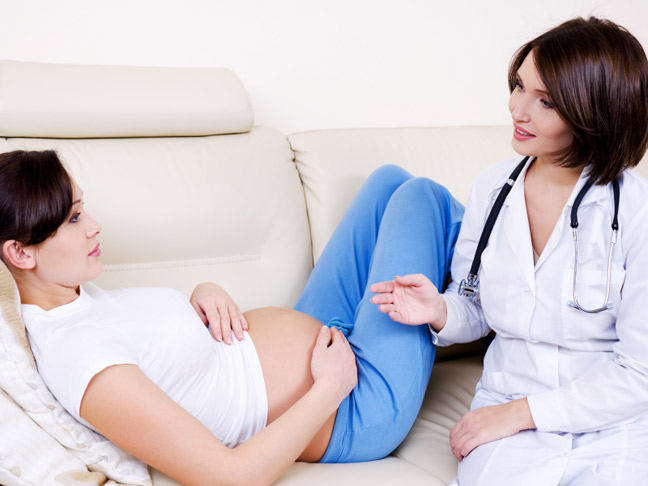
Your doctor will prescribe a folic acid supplement. The dosage will depend upon how much folic acid you need or lack.
Another vitamin that is required for the production of red blood cells is vitamin B-12. You might be consuming B-12 through your diet, but your body may not process the vitamin. This causes vitamin B-12 deficiency. When you don’t eat meat, poultry, dairy products, and eggs have a greater risk of developing vitamin B12 deficiency, which may contribute to birth defects, such as neural tube abnormalities and or lead to preterm labour.
Your doctor will prescribe vitamin B12 supplements. The dosage will depend upon how much vitamin B12 you need or lack.

When a woman gets pregnant, the volume of blood in her body increases by almost 50 percent to support the mother and her growing baby. This, in turn, decreases the haemoglobin concentration in the blood. The body needs iron to make haemoglobin. Without sufficient iron, red blood cell production slows down. While in most cases anaemia is caused by not having enough iron in the diet, it may also be due to vitamin deficiency (B12 or folic acid), blood loss, and an underlying condition like kidney disease, an immune disorder or sickle cell anaemia.
Symptoms of anaemia during pregnancy often goes unnoticed because it is mild at first and then as it progresses, the symptoms worsen.
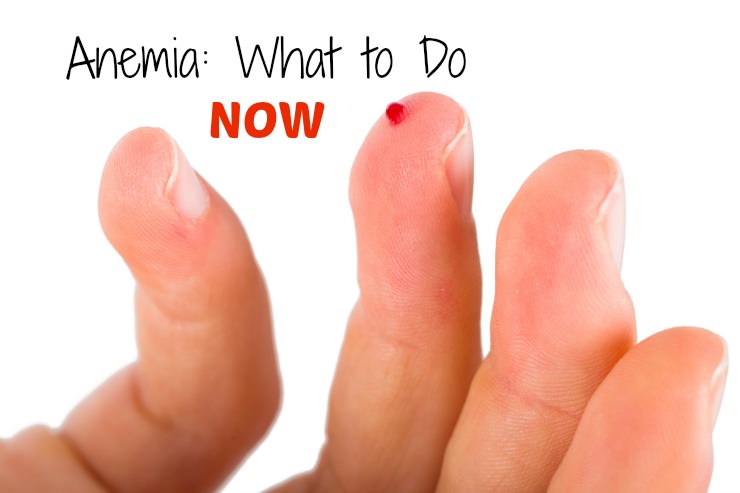
Anaemia causes poor foetal growth, preterm birth or low birth weight. It also increases your risk of needing a blood transfusion during delivery or having postpartum depression.
To prevent anaemia during pregnancy or any other time, make sure that your body gets enough iron. Eat well-balanced meals and add more foods that are high in iron to your diet. Eat at least three servings of iron-rich foods a day.
It is the most powerful creation to have life growing inside of you.There is no bigger gift